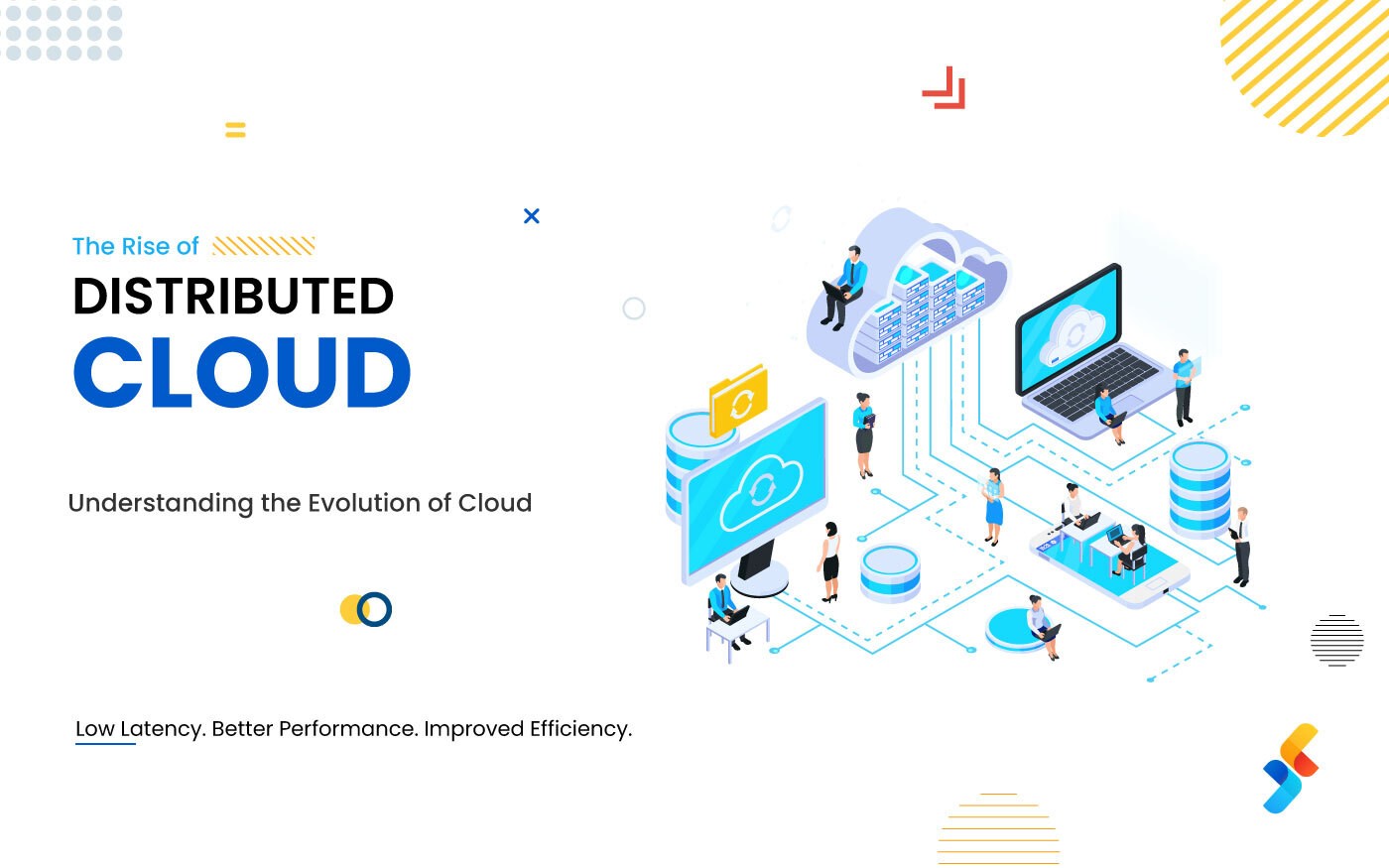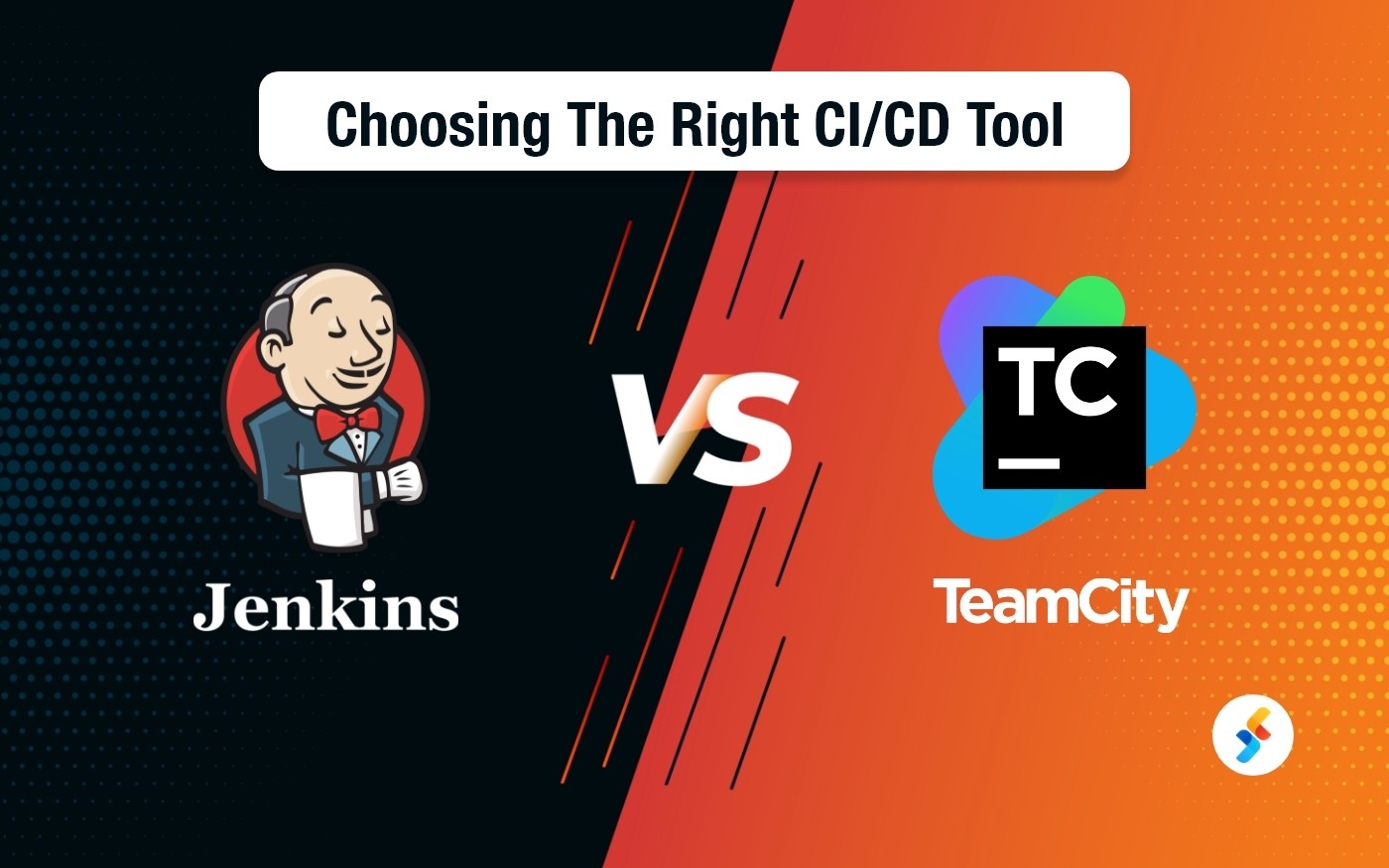Summary: Chef, Puppet, Salt Stack, and Ansible are the top 4 DevOps Configuration Management tools. Choosing one over another can be a bit of a challenging task. No worries. This blog is all the best DevOps tools. Read to know their common points and differences.
The Internet has a list of popular DevOps “configuration management tools.” These tools allow you to deploy, configure, and manage servers with great ease. These are simple to use and potent enough to automate complex multi-tier IT application environments. The best four tools include Chef, Puppet, Ansible, to SaltStack. Choosing the right tools for DevOps solutions and automation services is a bit cumbersome. Therefore, if you are also looking for Chef vs. Puppet vs. Ansible vs. SaltStack, then your search ends here. It includes a briefing and comparison. Have a look:
Introduction: Ansible, Chef, Puppet, and Saltstack
Ansible
Ansible simplifies complicated orchestration and configuration management tasks. It is in Python language and allows users to script commands in YAML as a necessary programming paradigm. Ansible offers several push models to send command modules to nodes through SSH, which runs sequentially.
Puppet
Puppet is full-fledged configuration automation and deployment orchestration solution. It’s an open-source tool based on Ruby. For working, it counts on a customized Domain Scripting Language (DSL) nearer to JSON. It runs as a master-client setup and uses a model-driven approach. Large enterprises use it widely to automate sysadmins who spend ages configure, provision, troubleshoot, and maintain server operations
Saltstack
SaltStack configuration tool relies on a master-client setup model or a non-centralized model. SaltStack is available in the Python programming language and uses the push model for executing commands via SSH protocol. The platform also allows to group together clients and configuration templates to control the environment easily. It enables low-latency and high-speed communication for remote execution and data collection in sysadmin environments.
Chef
The chef is an automation platform that provides an effective way to configure and manage infrastructure. The chef works on Ruby and DSL language for writing the configurations. Its architecture is like the Puppet master-agent model. It also uses a pull-based approach and an additional logical Chef workstation to control configurations from the master to agents. It provides a configuration in a Ruby DSL using a client-server architecture.
A Glimpse on Tool Capabilities
Each DevOps tool has its own set of capabilities that makes it unique. Have a look-
| Ansible | Puppet | Saltstack | Chef |
| Streamlined provisioning | Orchestration | Automation for CloudOps | Infrastructure automation |
| Configuration management | Automated provisioning | Automation for ITOps | Cloud automation |
| App deployment | Role-based access control | Continuous code integration and deployment | Compliance and security management |
| Automated workflow for Continuous Delivery | Visualization and reporting | DevOps toolchain workflow automation with support for Puppet, Chef, Docker, Jenkins, and Git. | Automated workflow for Continuous Delivery |
| Security and Compliance policy integration | Configuration automation | Application monitoring and auto-healing | Chef-Server using RabbitMQ, AMQP protocol. |
| Simplified orchestration | Code and node management | Orchestration | Automation for DevOps workflow |
Chef vs. Puppet vs. Ansible vs. Saltstack: A Quick Comparison to Know the Differences
Every platform in the chef vs. puppet vs. ansible battle has a different approach towards automation and configuration management. It includes minimal input from developers and sysadmins. Have a quick overview of differences between Ansible, Chef, Saltstack, and Puppet based on different parameters –
- Availability
- Configuration Language
- Setup and Installation
- Ease of Management
- Scalability
- Interoperability
- Pricing
- Cloud Support
| Parameters | Chef | Puppet | Ansible | Saltstack |
| Availability | Yes | Yes | Yes | Yes |
| Configuration Language | DSL (Ruby) | DSL(PuppetDSL) | YAML (Python) | YAML (Python) |
| Setup and Installation | Moderate | Moderate | Very Easy | Moderate |
| Ease of Management | Tough | Tough | Easy | Easy |
| Scalability | HighlyScalable | HighlyScalable | HighlyScalable | HighlyScalable |
| Interoperability | High | High | High | High |
| Pricing | $13700 | $11200-$19900 | $10,000 | $15,000(approx.) |
| Cloud Support | All | All | All | All |
Final Words
It is tough to say which one is best over another. Why? Because all these tools have a specific role. Their utilization depends entirely on configuration needs, support, and the convenience level to implement them. However, for better decision making, here is a tip: Choose Chef and Puppet as they are old and more established. It makes them perfect for large enterprises that value maturity and stability over simplicity. Ansible and SaltStack are decent options for fast and straightforward DevOps solutions while working in environments that do not need support for quirky features.
If you need help with Cloud and DevOps practices and tools, feel free to connect with Successive Digital.












